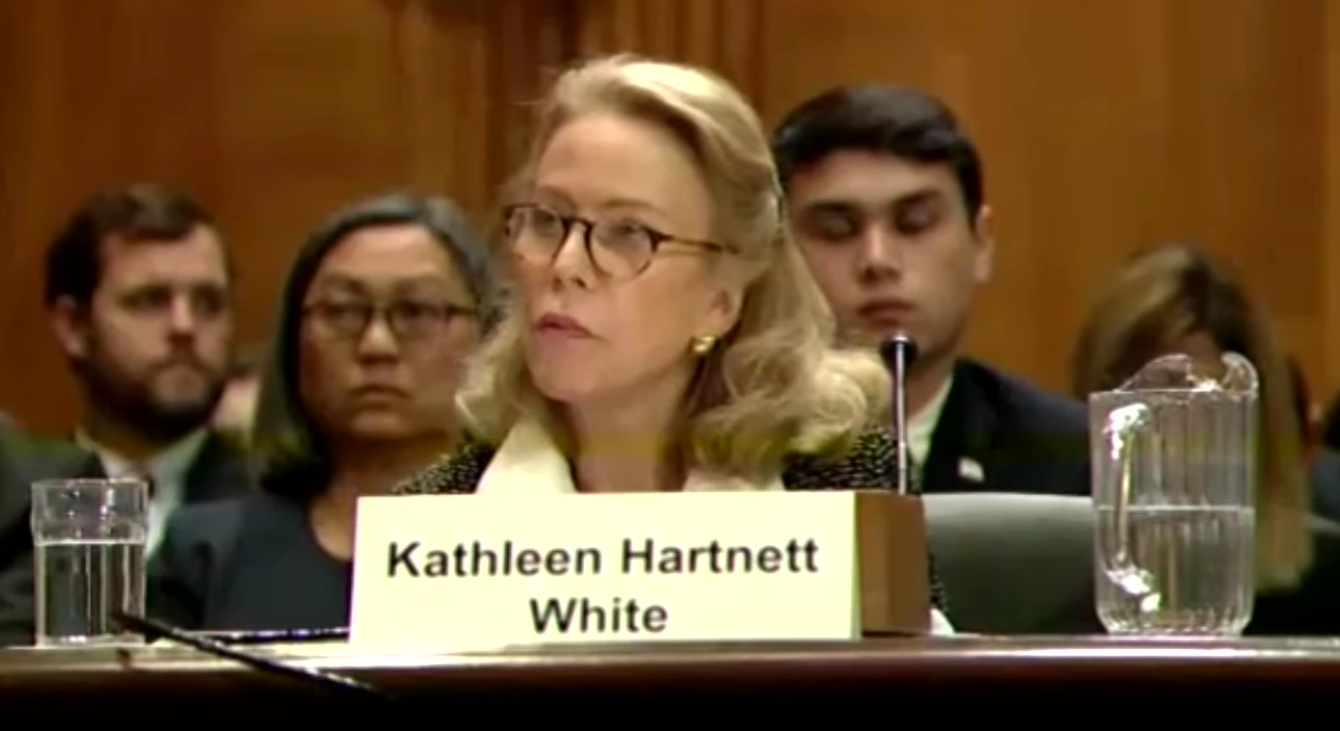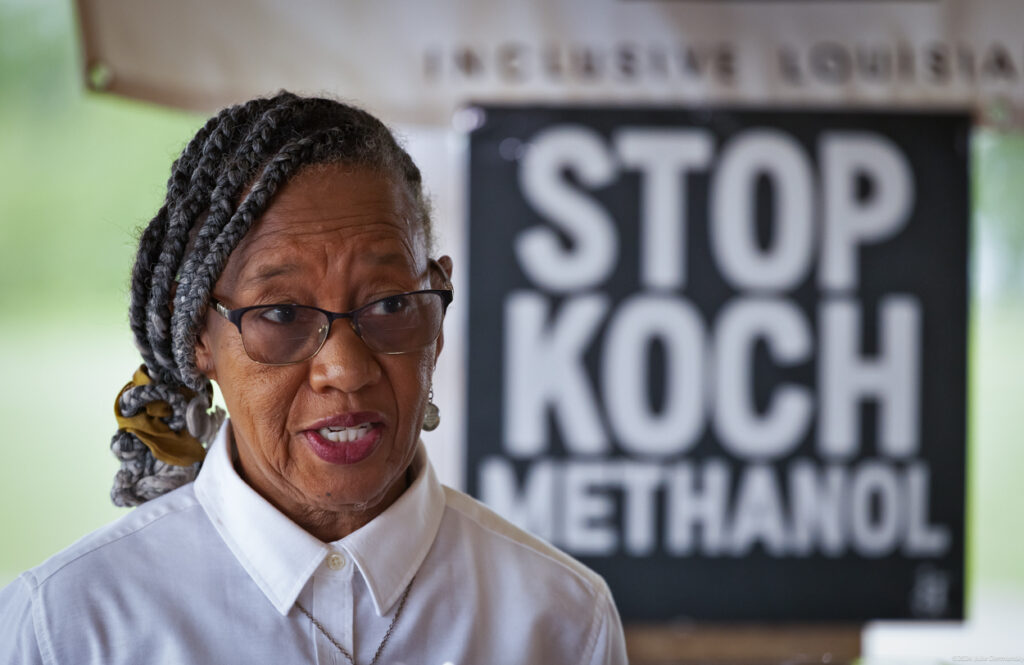The Pew Charitable Trusts, one of the world’s biggest funders of environmental conservation groups, has given almost $5 million since 2011 to an organization that rejects the overwhelming evidence that human-caused climate change is dangerous, DeSmog has found.
Between 2011 and 2015, financial returns show the Pew Charitable Trusts gave $4.7 million to the Texas Public Policy Foundation (TPPF), while giving millions more to dozens of worthy conservation causes.
Kathleen Hartnett White, who is President Donald Trump’s nominee to lead the White House Council on Environmental Quality, heads TPPF’s Armstrong Center for Energy and the Environment.
Hartnett White, who hopes to chair the influential federal council, also rejects the science linking fossil fuel burning to dangerous climate change.
Some of the groups that have received major grants from Pew have been outspoken in their criticisms of Hartnett White, describing her as a “climate change denier” who was unfit for the role. The Pew Charitable Trusts confirmed the grants, but said they were unrelated to work on climate change.
Senate Democrats are accusing Hartnett White of plagiarizing her responses to questions from the Committee on Environment and Public Works. Hartnett White was unable to answer basic questions about climate change during her nomination hearing.
Backing Texas Public Policy Foundation
In December 2016, TPPF co-hosted an energy summit where it gave a platform to several well-known climate science deniers.
Among them was Professor William Happer, who has said the “demonization of CO2 … really differs little from the Nazi persecution of the Jews.”
The TPPF was one of many conservative think tanks to have advocated for President Trump to leave the United Nations Paris agreement on climate change.
Hartnett White is also a member of the CO2 Coalition — a climate science denial group that claims adding CO2 to the atmosphere will be beneficial. She wrote a “study” into the “moral case for fossil fuels.”
Pew’s most recent financial return shows it gave TPPF $923,000 to support “policy” work, but the form does not say what the money is used for. Pew has told DeSmog its support has been related to juvenile justice, adult sentencing, and dental therapy.
Pew’s president and CEO Rebecca W. Rimel has described the values of the organization, saying they stem from “a belief that progress springs from data, science, and facts” and that Pew is “committed to improving public policy, informing the public, and invigorating civic life.”
In 2015, the trust handed out $118 million in grants to groups in the United States and around the world.
Fossil Fuel Apologists
Several groups accepting major grants from Pew are concerned about the impacts of climate change. Those include the Antarctic Southern Ocean Coalition ($612,000 in 2015), Earthjustice ($482,000 in 2015), and the Natural Resources Defense Council ($296,000 in 2015).
In November, Earthjustice VP for policy and legislation Martyn Hayden attacked the Trump administration for nominating TPPF’s Hartnett White, saying: “For an administration intent on burying progress on climate and clean air, she will be the undertaker.”
In an October 2017 media release, the Natural Resources Defense Council (NRDC) described Hartnett White as a “fossil fuel apologist and climate change denier” and said the Senate should block her nomination.
NRDC president Rhea Suh wrote:
“White has a vision, all right, but it’s terminally disconnected from reality, as her exhaustive writings make clear. Climate change, in her world, is not an existential threat but, rather, the ‘secular religion’ of some conspiratorial ‘Left.’ Carbon dioxide isn’t harming the planet, she avers, and we can all thank the coal, gas, and oil industries for everything from running water to human rights.”
DeSmog asked the Pew Charitable Trusts why it would give more than $4 million to a group whose work was in contradiction to the many other organizations it generously supported.
Pew did not answer this question, but in an email response, spokesperson Felisa Neuringer Klubes said: “I can confirm that Pew made grants to the Texas Public Policy Foundation totaling approximately $4.74 million between 2011 and 2015. Those grants were in support of the foundation’s work to advance state-level policy reforms of juvenile justice and adult sentencing and corrections reform, as well as efforts to expand access to dental care by encouraging states to license dental therapists. The foundation is one of several hundred organizations that Pew partners with on a wide variety of issues.”
She added that the Pew Charitable Trusts is “an independent, nonprofit organization, committed to developing effective, evidence-based, nonpartisan policy solutions to solve today’s most challenging problems.”
Main image: A screenshot featuring Texas Public Policy Foundation senior fellow Kathleen Hartnett White during a Senate nomination hearing in November 2017.
Subscribe to our newsletter
Stay up to date with DeSmog news and alerts






